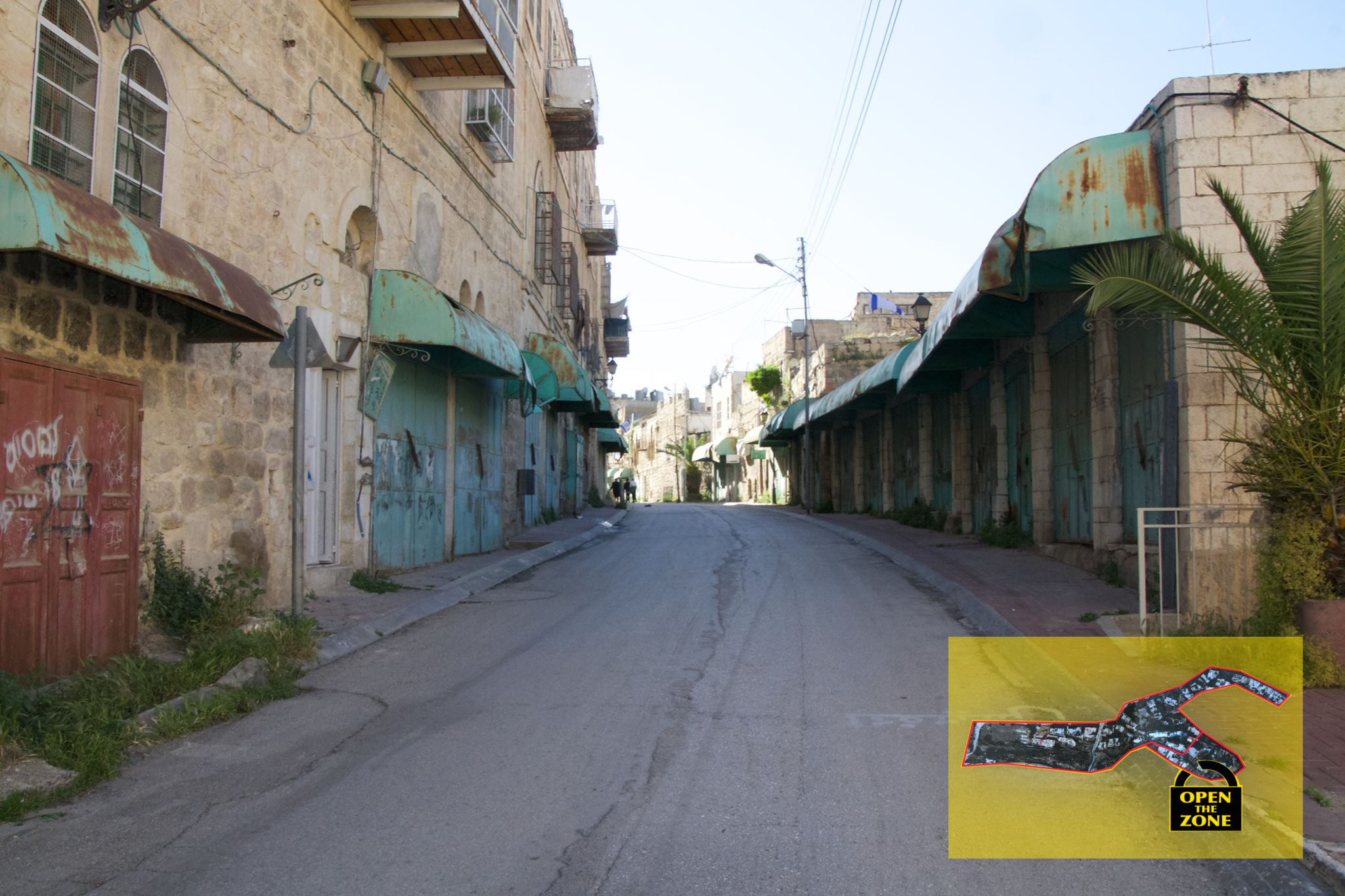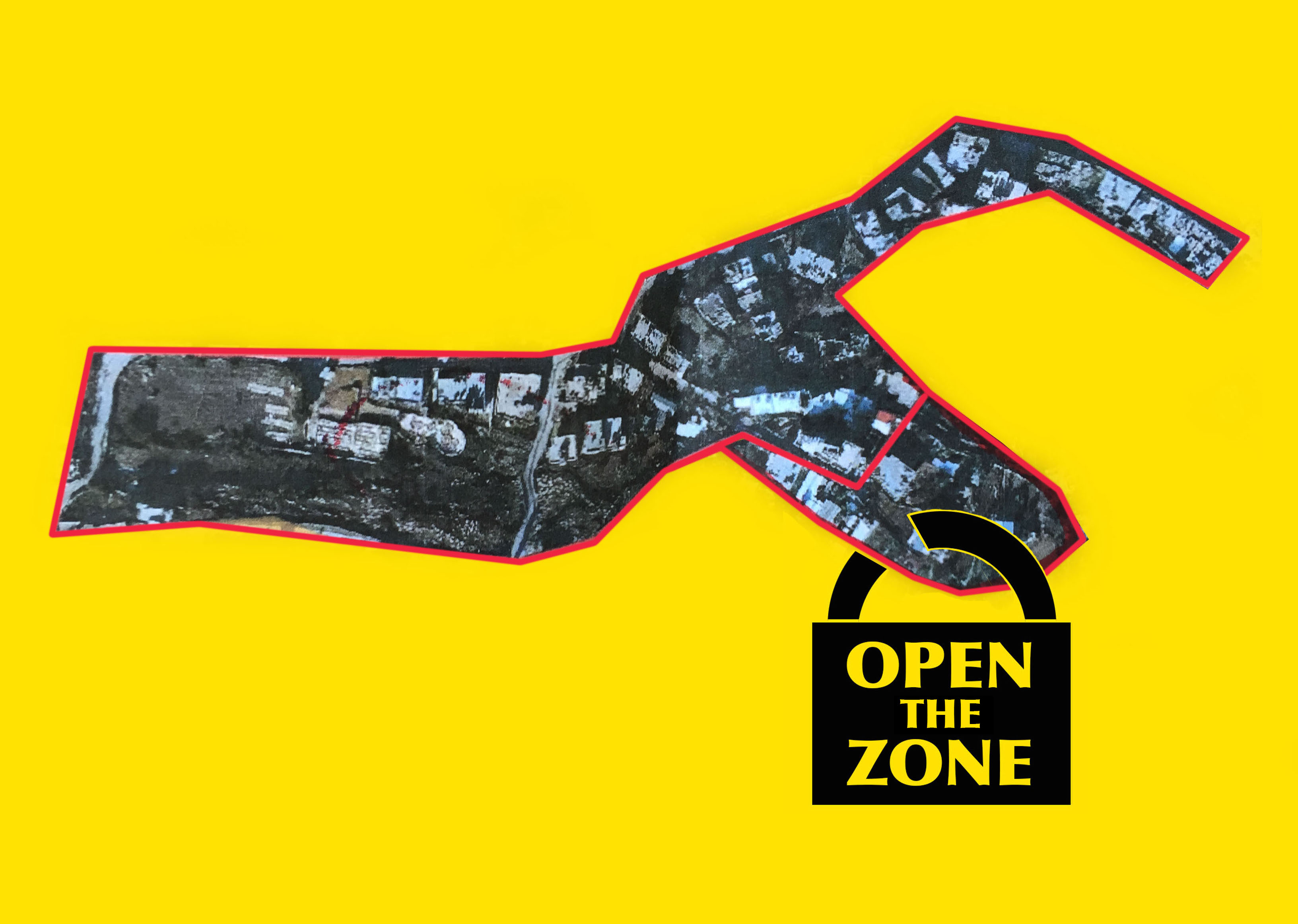Tag: Night Raid
-
The three minute warning…..
18th May 2016 | International Solidarity Movement, Al-Qud team |Al-Quds, Occupied Palestine On Wednesday we sat with Abu Sadam in the rubble of all that remains of his family’s house, in Hisbet Wadi Joz, East Jerusalem. Early Tuesday morning at about 2am occupying forces arrived with a digger to demolish the house. The Israeli authorities…
-
Al-Nakba day: The biggest crisis in the history of Palestine
15th May 2016 | International Solidarity Movement, al-Khalil team | Occupied Palestine Today, 68 years ago, the state of Israel was created on the Palestinian peoples’ home. The anniversary falls after a winter and spring with an escalation in violence and arrests of Palestinians, ever-expanding Israeli settlements in the West Bank and the Palestinian capital…
-
Open The Zone: personal accounts
Saturday, May 28th (Mufeed Sharabati) Mufeed Sharabati, 50-years, Shuahda Street resident compares living in the closed military zone (CMZ) with prison – just worse: “Life here is even worse than being in jail. A prisoner knows when his sentence is over. A prisoner knows when he can have visits. No-one knows that here. We are…


